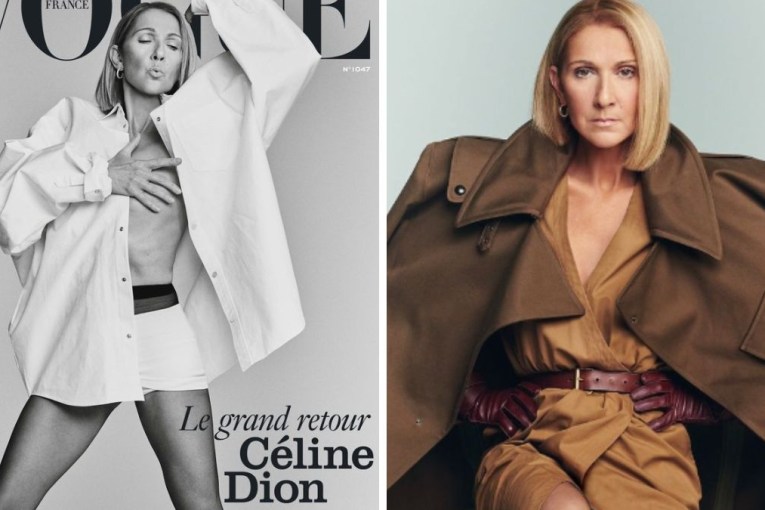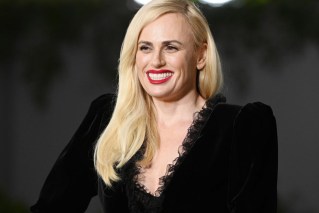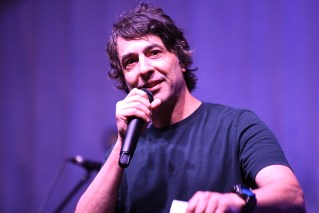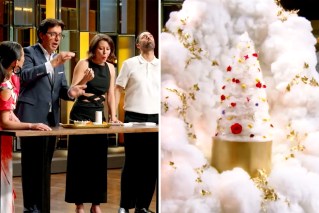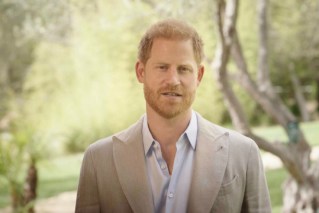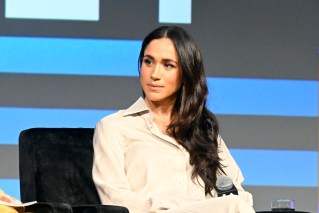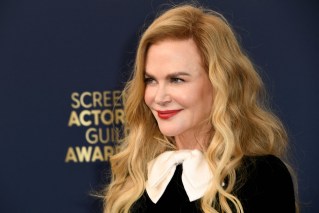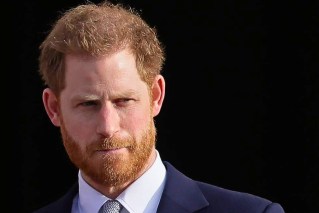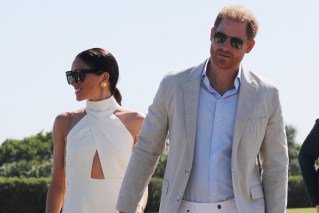Bachelorette Brooke Blurton makes history, but we still might butcher it
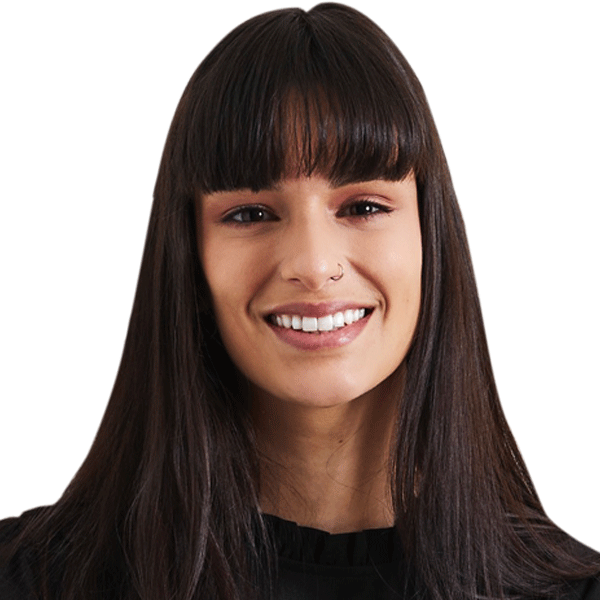
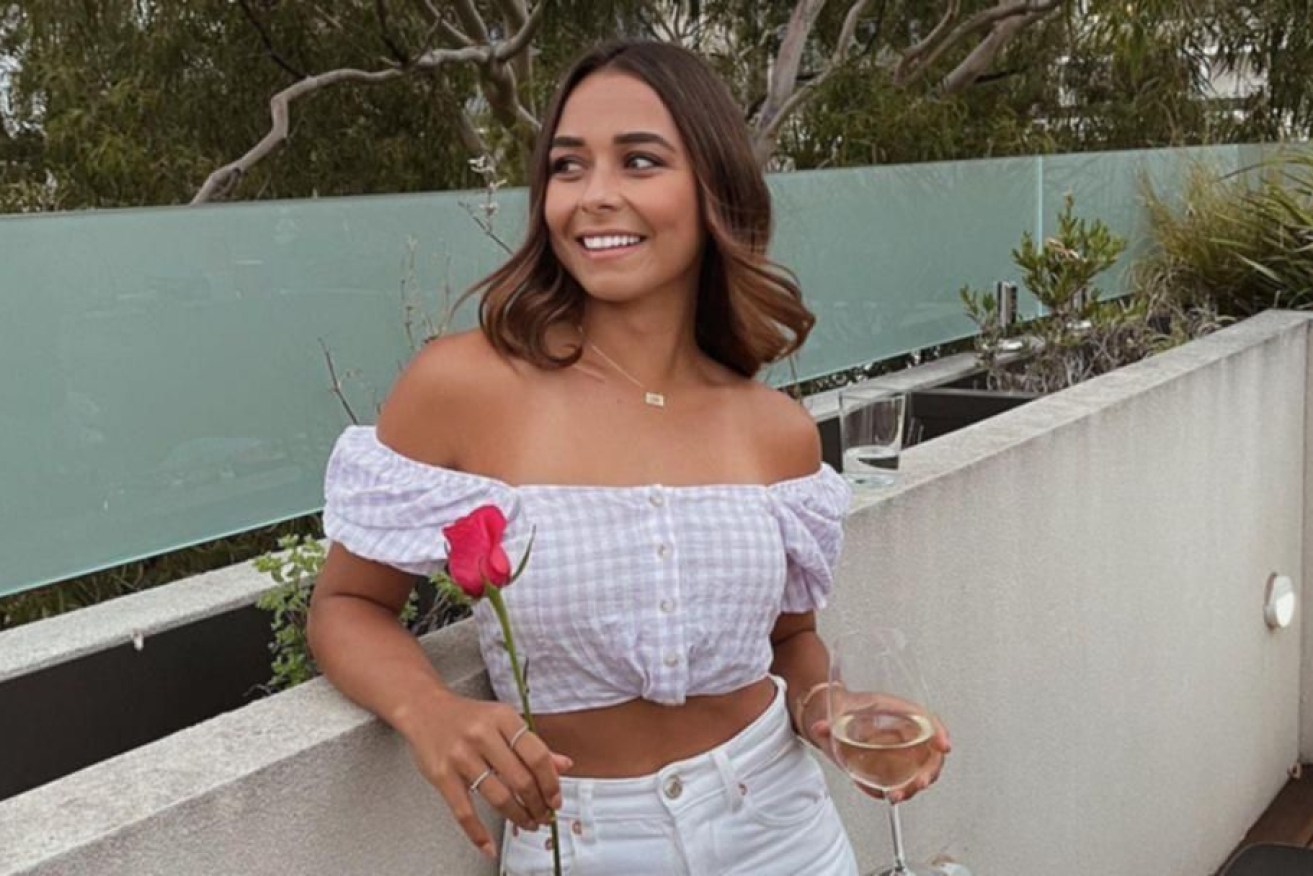
Brooke Blurton will be make on-screen history as the first queer Bachelorette. Photo: Twitter
Channel 10 has finally heard pleas to diversify its reality TV contestants, casting an Indigenous queer star on the upcoming season of The Bachelorette Australia.
But one expert is wondering if audiences and producers will butcher this opportunity for representation.
After finding fame (and voluntarily leaving early) on Nick ‘Honey Badger’ Cummins’ season of The Bachelor in 2018, Brooke Blurton has remained in the public eye.
The 26-year-old has since appeared on spin-off series, Bachelor in Paradise Australia, where she famously shared a kiss with Alex Nation.
She has also been romantically linked to singer G-Flip.
Blurton, who is a Noongar-Yamatji woman and works as a youth worker in Western Australia, said she was excited to be the next Bachelorette.
“I’ve done it twice before and now, having the opportunity to choose my person and who I want in my life, is a truly unique and special experience,” she said in a statement.
“I’m so excited and hope that I finally find that person I’ve been waiting for.”
Blurton will also be the first openly pansexual star of the series.
Pansexuality is a sexual orientation where a person is attracted to people of all gender identities, including men, women, transgender people and non-binary people.
Therefore, for the first time ever, the upcoming season will feature male and female contestants.
Whether or not producers will endeavour to include non-binary or transgender contestants remains unclear.
But a mansion full of attractive singles begs another question: What happens if they find love between themselves?
“I’ve said – you know, whether I’m disappointed I didn’t feel that connection with that person, I can’t not be happy that they get to come out of [the show] with something,” she told Pedestrian.
“Even if it’s not with me, like I’m not going to be too disheartened as a pretty reasonable person, and people know that.”
Bachelorette Australia’s new frontier
Janak Rogers, journalist, social commentator and associate lecturer at RMIT’s school of media and communication, said the narrative manipulation that comes from condensing hours of footage into 60-minute episodes might be problematic.
“It’s a lot of pressure and expectations that would come from both communities she identifies with – it’s live TV that’s manipulative. This isn’t a fair-handed documentary process … it could really cut both ways,” Mr Rogers told TND.
“You can use the same material to create a villain and to demonise somebody as you can to give a rounded portrait of them – hopefully [producers are] coming into this with a seriousness and purpose.”
As to whether producers and audiences alike are ready to appropriately handle such important themes remains to be seen.
Just weeks ago, Married at First Sight’s first bisexual groom, Liam, hit out at rampant homophobia and biphobia from other contestants and at the show for covering it up.
“There will probably be people who find this really difficult to sit with because they’re racist or homophobic. We would be naive to think that currently isn’t there in Australian culture, and I hope the show runners are more mindful than they’ve ever been with this,” Mr Rogers said.
“To raise someone up is to also expose them to being cut down.”
Tweet from @AmyThunig
History in the making
Blurton also admitted she felt “pressure and responsibility” to represent her community positively.
“I know this is huge and I’m really excited that mainstream networks are having conversations and making these things happen in terms of opening the door to sexuality and gender expression and all that sort of stuff, but I just want it to not be a big thing,” she said.
“I don’t want us to have to keep talking about it. I want us to be in such a progressive place where it just happens naturally and people respect people’s pronouns and gender expressions and sexuality and it just doesn’t become a ‘thing’.”
Long-time Bachelor host Osher Gunsberg said he was excited about the opportunity, despite previously suggesting a queer star might not work in a primetime format.
“We are a nation of people from so many different backgrounds, so many different cultures and so many different experiences, yet we all have one thing in common – we all want to be loved in a way that is meaningful to us,” Gunsberg said.
In 2020, Gunsberg told The New Daily that while he was supportive of the prospect of a queer Bachelor or Bachelorette, he thought Australia was still a while away from making it a reality.
“How do we make queer dating work in a primetime television format where the economic realities are that it costs hundreds and hundreds of thousands of dollars to make an hour of television?” he said.
“That’s the really tricky part, because it has been tried a number of times overseas … no one’s got it right yet anywhere in the world, and this isn’t to say it shouldn’t happen … it’s very difficult to get all the ducks in a row to make that happen.”
